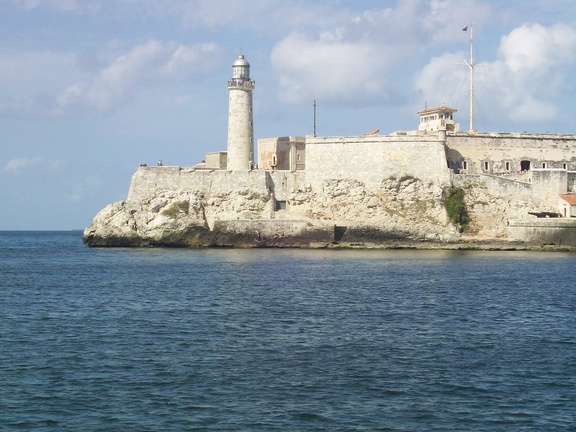U.S.-Cuba co-operation on gulf is in our interest
- Submitted by: admin
- United States
- Politics and Government
- 06 / 15 / 2010

CORPUS CHRISTI — I was in Cuba several days the end of May with a group of Texas legislators.
As we’d planned the trip over a period of months, our principal purpose had been to discuss defense against hurricanes, a purpose for which the Center for International Policy has been taking delegations to Cuba for several years now.
Cuba has an excellent defense system and record. In the past 10 years, it has only lost some 30 lives to hurricanes. The U.S. lost more that 1,500 to Hurricane Katrina alone. Worth taking a look at how they do it, we’ve thought, and how we might cooperate.
By the time we traveled to Cuba, another, more urgent threat had arisen in the Gulf of Mexico: BP PLC’s oil spill off the Louisiana coast.
That then became the first topic of conversation. The Cubans with whom we spoke, including Vice Minister of Foreign Relations Dagoberto Rodriguez, acknowledged that at first the spill had not been a great concern to them — in fact had seemed to have little to do with Cuba.
They had assumed that the U.S. — and BP — would get it capped and contained quickly. Their concerns have of course grown — especially so as their information now indicates the expanding pool of oil may soon be caught up in the loop current and carried through the Straits of Florida into the Atlantic.
Further, their specialists say that as a result of wind and currents, the flow could do serious damage to the Cuban coast.
Thus, Cuba, like the U.S. Gulf Coast, is now threatened — though to be sure not to the same extent. It stands ready to share pertinent information and to cooperate against the danger. No talks on the subject have been held, Rodriguez said, but for its part, Cuba is ready for them.
Cooperation with Cuba is of course not a panacea. It will not end the threat from the spill. But it could contribute. And in any event, not to cooperate in the face of thisdanger that confronts everyone on the Gulf Coast, should be unthinkable.
Further, hurricanes are now a looming part of the oil spill threat. The National Oceanic and Atmospheric Administration is predicting a very dangerous hurricane season.
Nor is this, the oil-spill-hurricane problem, one that will go away. On the contrary, it is likely to become more complex. A number of foreign oil companies are scheduled to begin exploratory drilling shortly off Cuba’s north coast. And just as a spill in our waters is affecting Cuba, so could one in theirs affect us.
The U.S. and Cuba are both members of international conventions aimed at protecting the marine environment. But there is no agreement between the two of them. One is needed and needed now, especially since under present conditions, should there be some accident at a Cuban well, the free movement of equipment and know-how necessary to address the problem might well be obstructed by our embargo.
Protocols and regulatory changes must be affected by the Obama Administration now to remove those restrictions And we should move toward that more cooperative relationship today — not wait until the problem is upon us.
Wayne S. Smith is a Senior Fellow at the Center for International Policy in Washington, D.C., and an expert in Cuban affairs, having been Chief of the U.S. Interests Section in Havana (1979-82). He is also a member of the Cuba-Mexico-US Coalition to Protect the Gulf of Mexico. 2010 Corpus Christi Caller Times.
Source: www.caller.com/news/
Comments